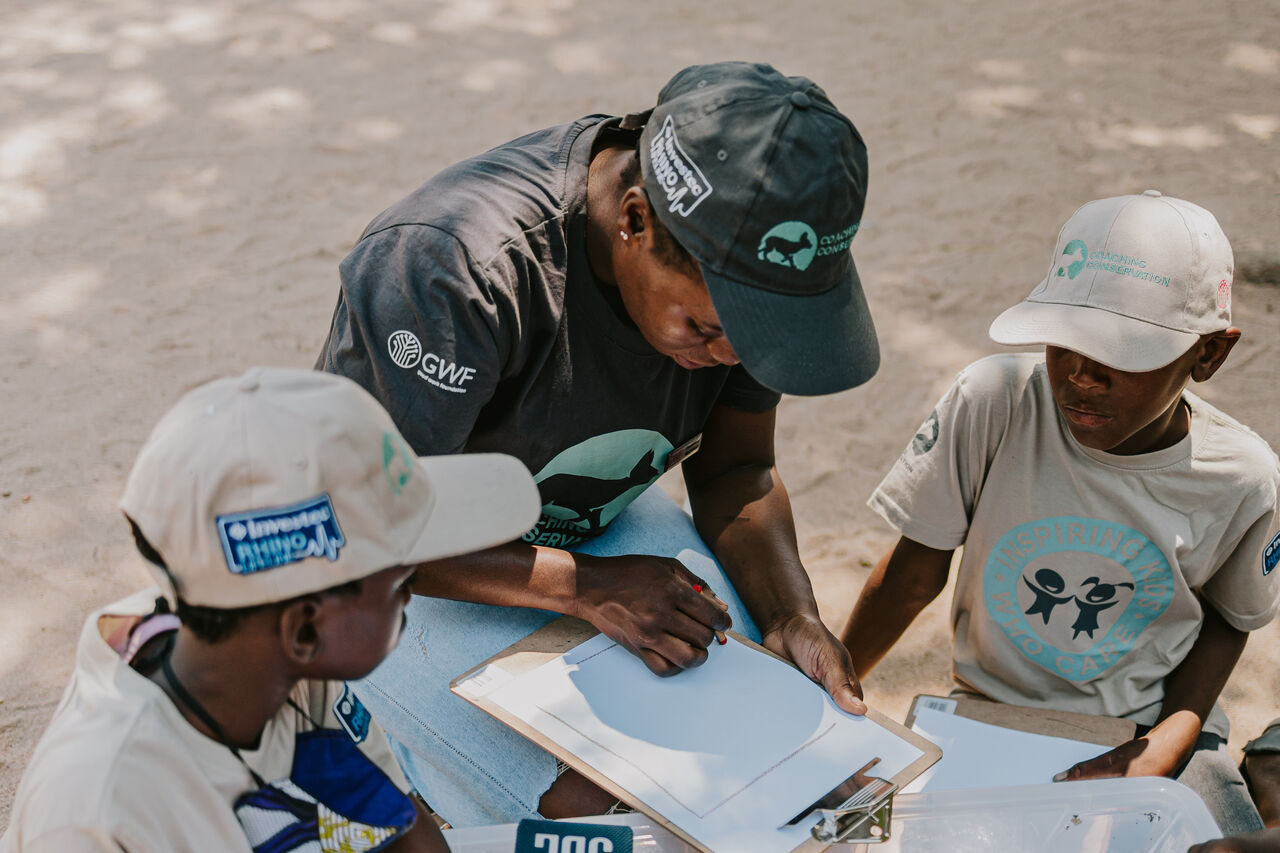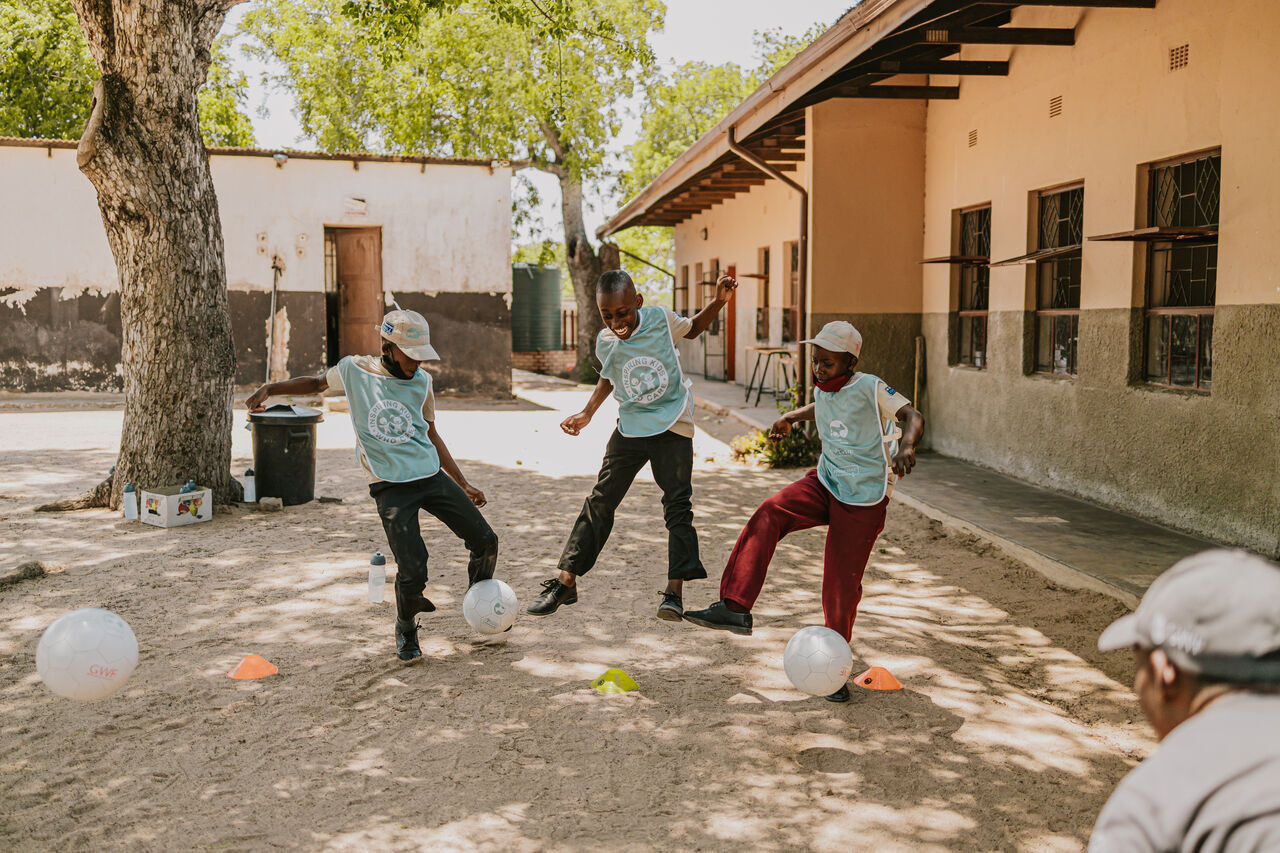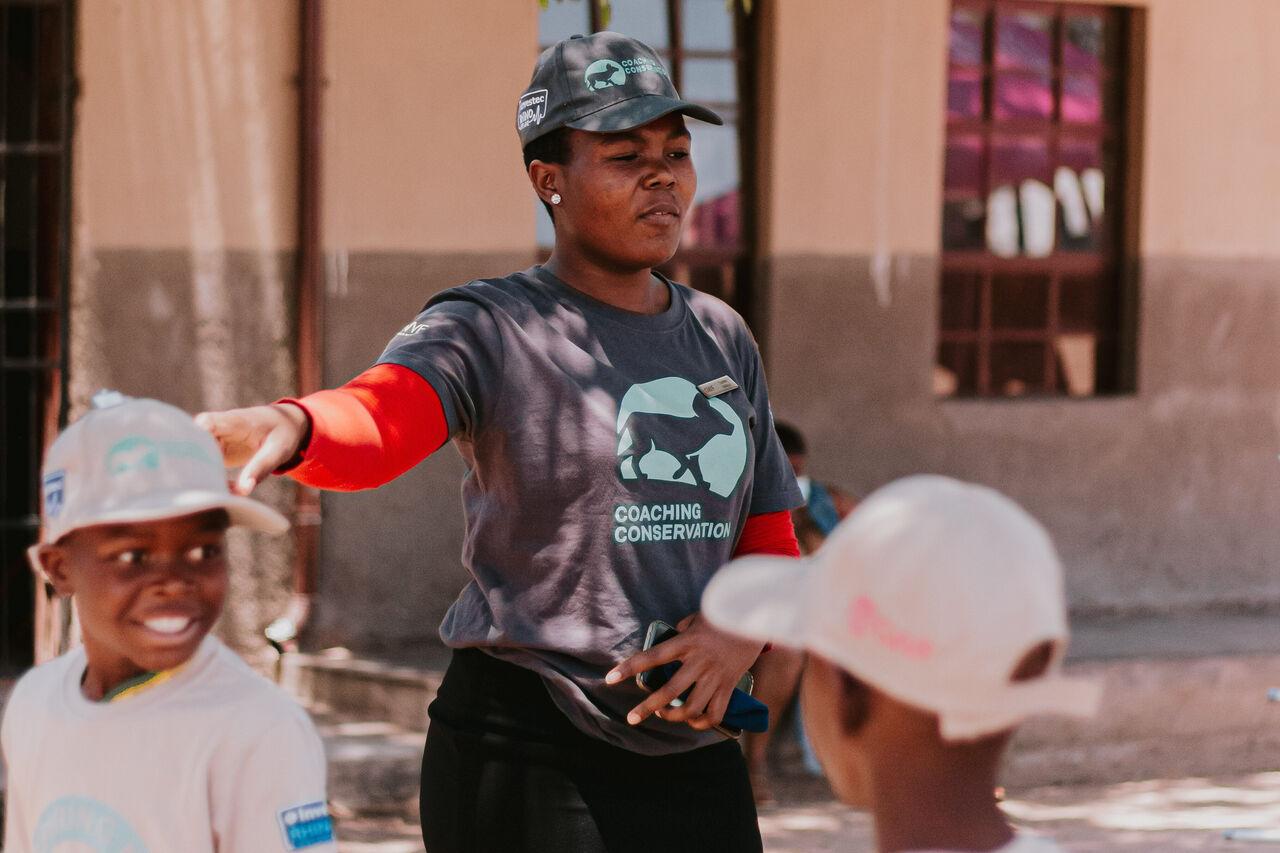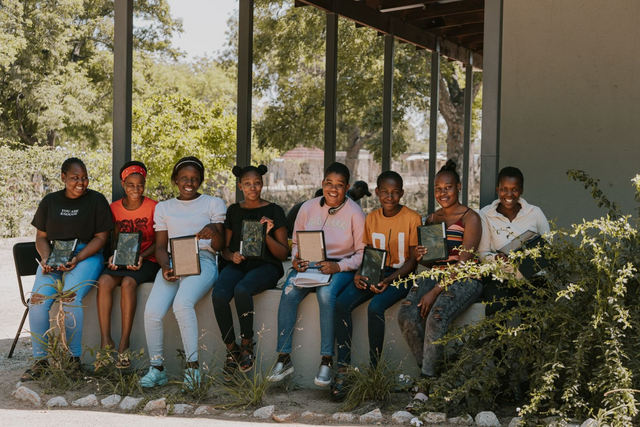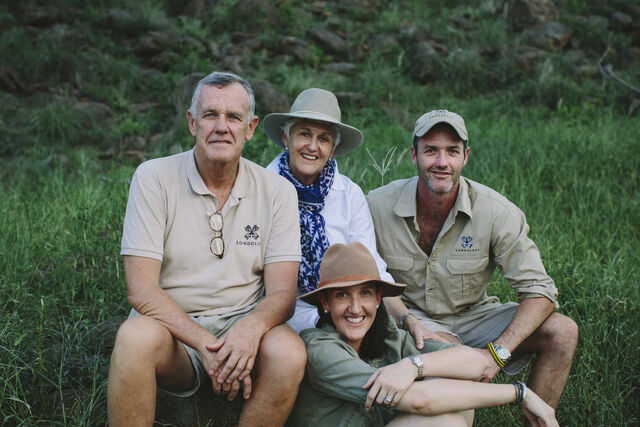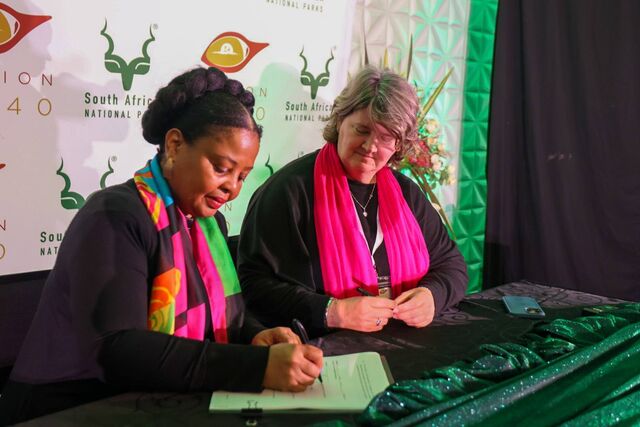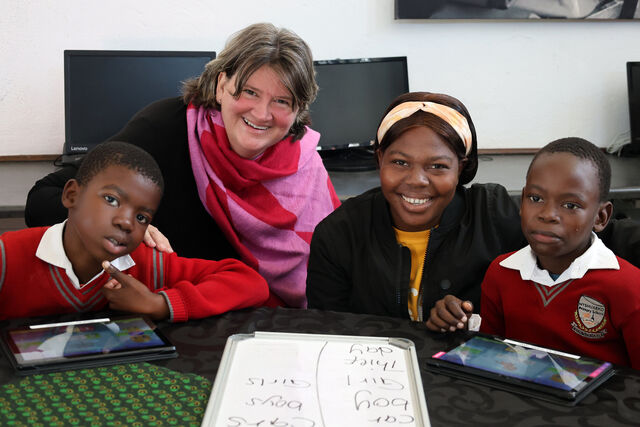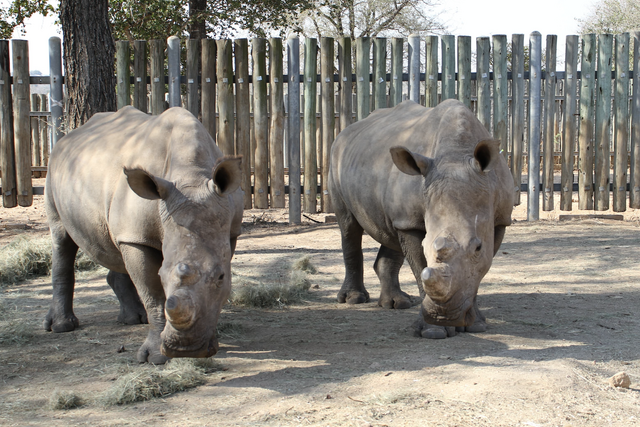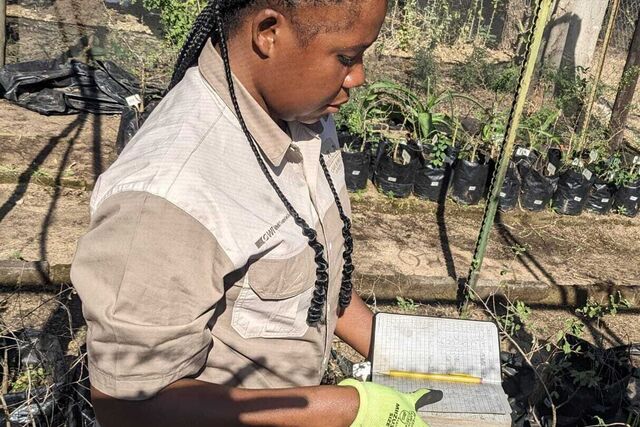The sky’s the limit for GWF’s conservation immersions
Good Work Foundation’s Open Learning Academy (OLA) conservation immersions are soaring to new heights – quite literally. This year marks the roll-out of the Coaching Conservation Vulture Rapid Awareness Programme.
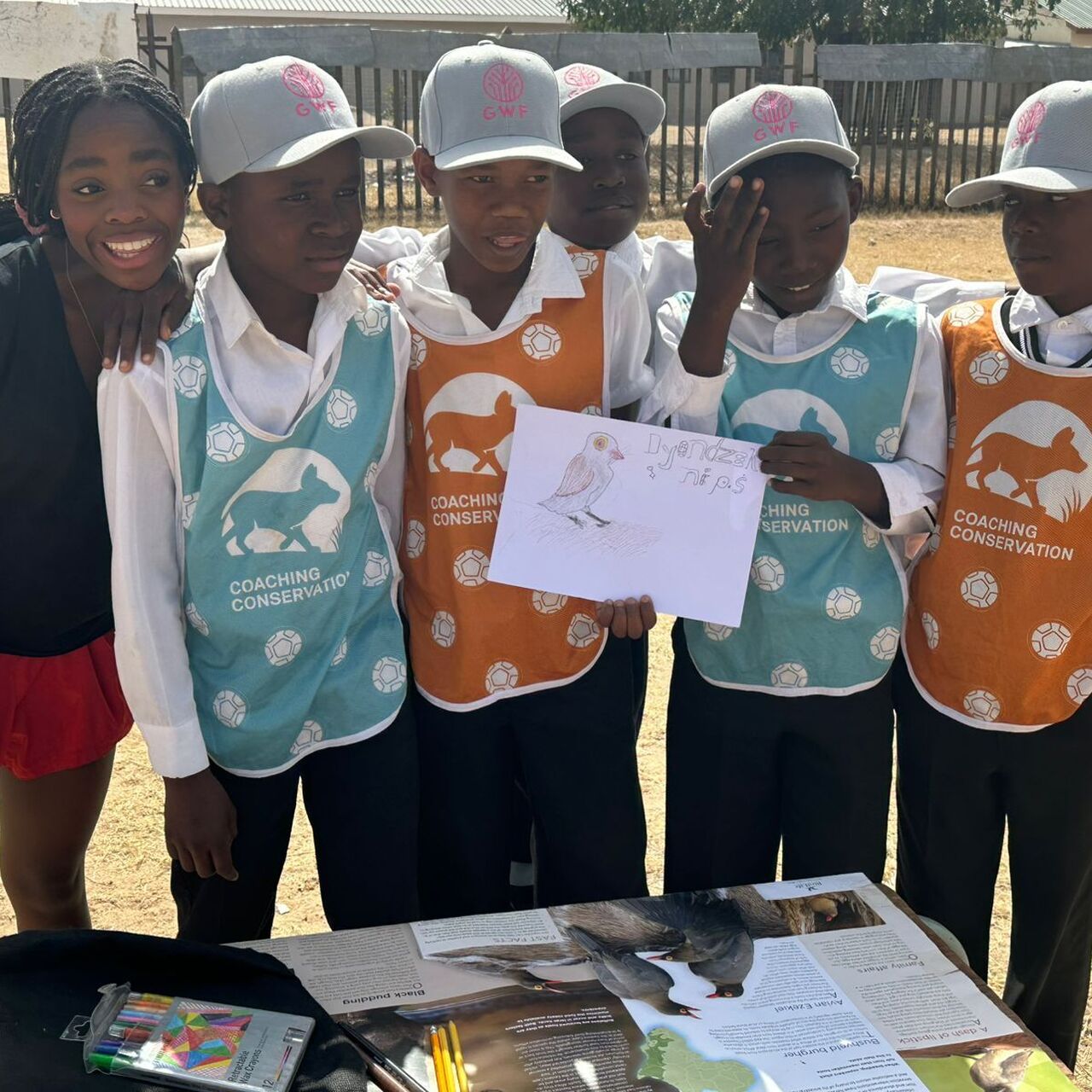
These hands-on rapid awareness programmes form part of our conservation education stream. They’re called “rapid awareness” because they’re a focused, annual learning experience designed to give primary school learners practical and memorable exposure to conservation topics.
Unlike weekly OLA sessions, which focus on ongoing digital and blended learning, rapid awareness programmes are species-specific and allow learners to dedicate time to exploring a single conservation theme in depth. These immersions move education from tablet screens to the bushveld.
In Grade 4, learners get their first taste of conservation through stories and classroom theory. In Grade 5, they start taking part in the rapid awareness programmes. This prepares them for the school safaris in the seventh grade, on which they get to see the animals they’ve been learning about.
Rhinos and vultures 'under serious threat'
Anorld Mdhluli, the Open Learning Academy manager, says the change reflects a broader commitment to giving learners a more holistic view of South Africa’s wildlife species and the challenges they face. “The rhino programme for Grade 5 has been a long-standing favourite,” he explains, “but vultures are an equally important species in our ecosystem. Their survival is under serious threat, and it’s important that our learners understand why vultures’ role matters.”
Conservation initiatives at GWF aren’t just about field trips; they also involve using technology to inspire action. Learners engage with the Rangers app, developed by Tangible Africa, where they learn about how wildlife rangers do their work and understand the challenges rangers face in protecting rhinos from poaching.
The GWF’s conservation immersions have expanded thanks to partners like Sabi Sand Game Reserve, which hosts the Grade 7 safaris, and wildlife conservation initiative Coaching Conservation, which supports the rapid awareness work.
Anorld notes that these experiences are especially important because many of the children have never set foot inside a game reserve, despite living nearby. “If there’s no one in your family working in a reserve, it can be hard to get access,” he says. “Parents of these learners often tell us they wish they’d had such opportunities when they were young.”
Inspiring new career dreams
These immersions leave quite an impression on these future leaders, too. Anorld recalls a Grade 7 learner from Dumphries village who, after a game drive and a discussion about careers in conservation, decided to change her career dream: “She’d wanted to be a doctor, but when she learned about wildlife veterinary work, she said, ‘I want to be an animal doctor instead.’”
Another Grade 5 learner realised the link between her father’s job at the airport and the local environment. “She said, ‘If we destroy nature, the guests from the airport won’t come, and my father won’t have work,’” Anorld recounts. “That’s when you know they’re making the connection between conservation and livelihoods.”
For us at GWF, conservation immersions are about inspiring the next generation of rangers and scientists. They’re designed to help children see themselves as part of an interconnected system where everyone has a role in protecting nature and thereby supporting families, communities and the economy.
As Anorld puts it: “Without this programme, many of these learners would grow up not knowing the importance of conserving nature. Now, they leave not just with knowledge, but with a deep respect for the wild places on their doorstep.”
